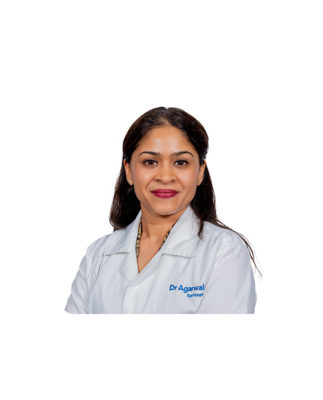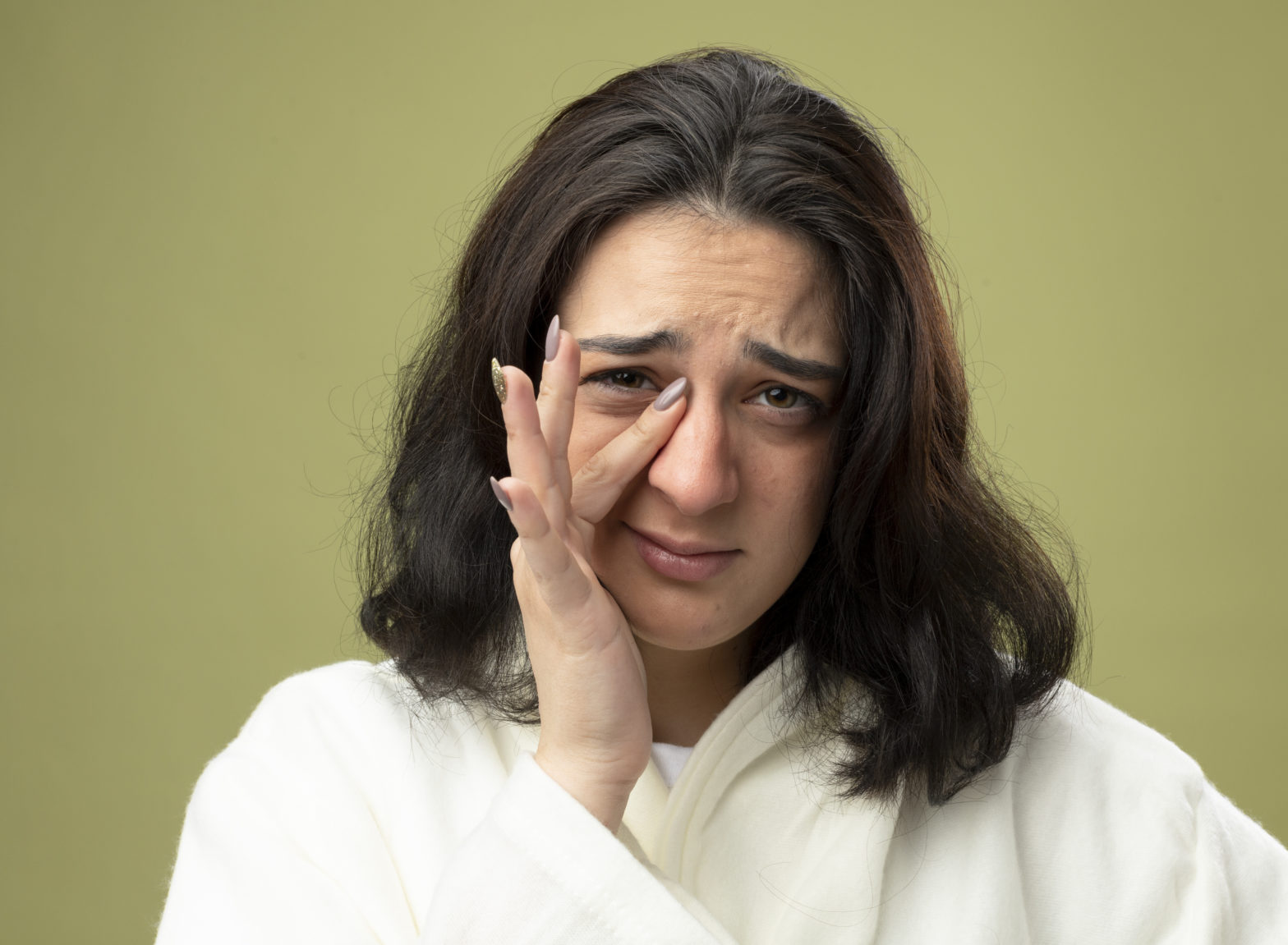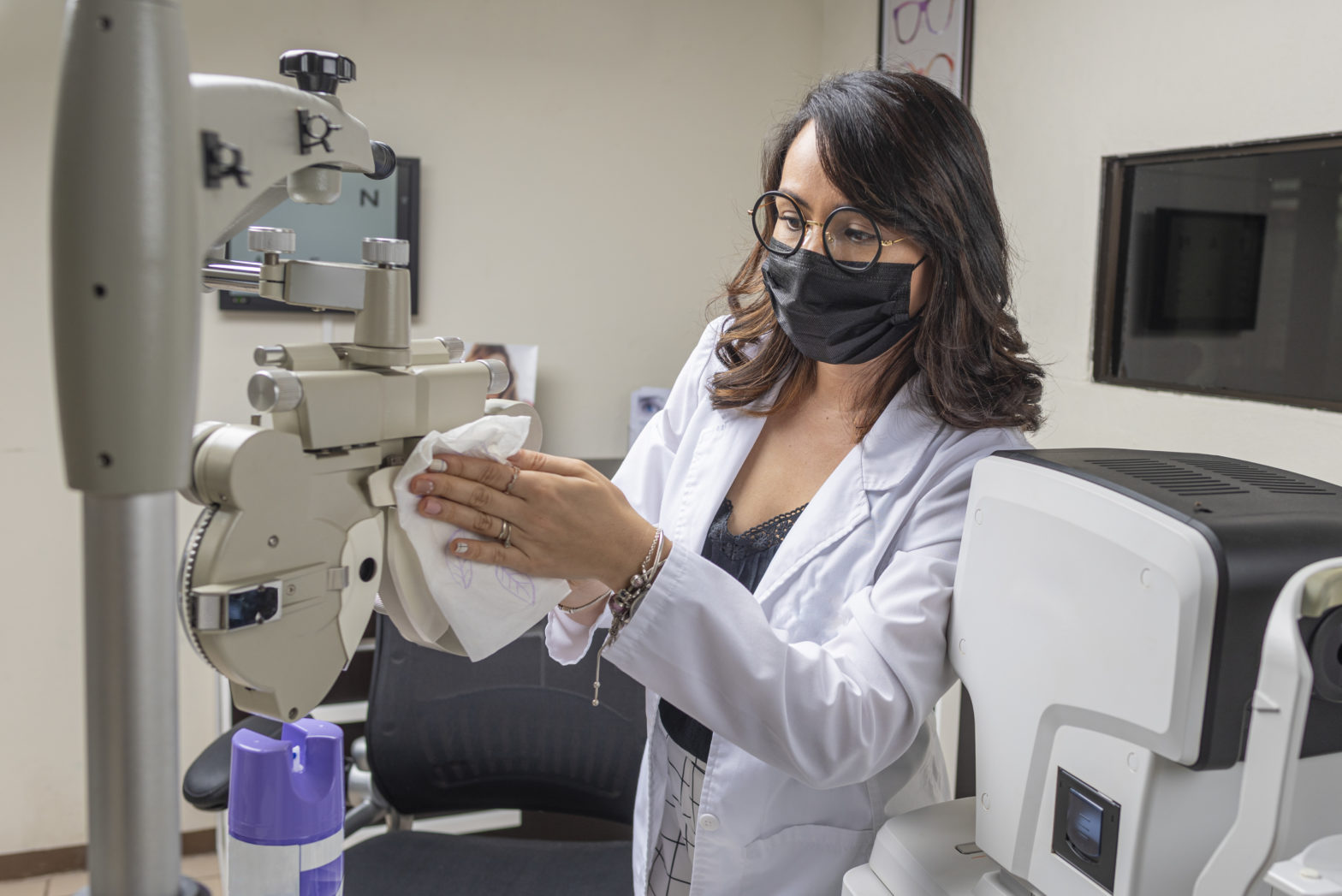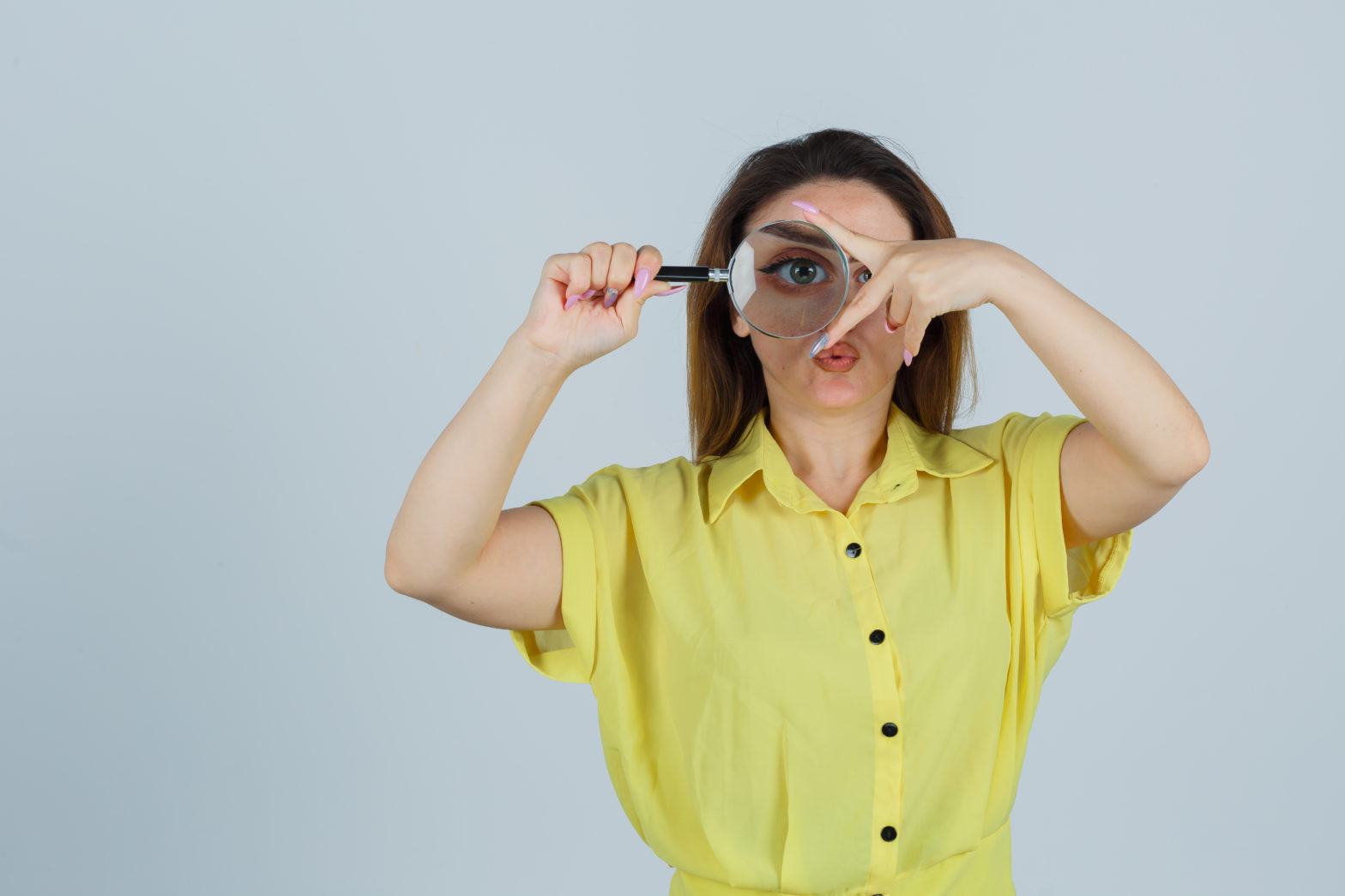Eye problems can be easily avoided if you take care of your eyes by practicing some essential eye care habits every day. For anyone confused on how to take care of eyes, here are some simple and very practical methods of eyecare.
Do not rub your eyes
The hands might carry dirt, bacteria, and dust, and all of these can reach your eyes each time you touch or rub them. Effective care of eyes involves avoiding touching your eyes to prevent infection and irritation.
Practice frequent hand washing
Wash your hands regularly to avoid bacteria and other harmful microorganisms coming to contact with your eyes, eyeglasses, and contact lenses.
Hydrate
Hydration is critical to eyecare and for the wellbeing of the body as a whole. Lack of hydration can lead to your eyes becoming sunken, discoloured or hollow.
Protect your eyes from the sun
Exposure to sunlight and UV rays increases your risk for diseases such as age-related macular degeneration, early cataract and may cause cornea sunburn or photokeratitis. So use sunglasses to help in the care of eyes.
Quit smoking
Smoking increases your risk for diseases such as age-related macular degeneration and conditions such as cataract. Smoking can also damage the optic nerves. Smoking may also cause severe dry eyes.
Balanced diet
A diet containing plentiful amounts of fruits and colourful or dark green vegetables provide antioxidants that are beneficial to eye health. Eating food rich in omega-3 fatty acids such as fish may reduce your risk of developing macular degeneration.
Care of eyes involves taking good care of your body as a whole.
Comfortable working environment
Computer monitors should be positioned about an arm’s length away from the eyes and 20 degrees below eye level. This keeps your eyes from getting strained. Similarly, make sure that you have sufficient but diffused lighting in your room. Avoid focused and extremely bright lights.
Observe the 20-20-20 rule
To maintain good eye care while working, you should observe the 20-20-20 rule.
- Every 20 minutes, look away from your computer and look at an object that’s 20 feet away from you.
- Blink 20 times successively to prevent eye dryness.
- Every 20 minutes, take 20 steps.
This is not just good for your vision, but also promotes proper posture and blood circulation throughout the body.
Right eye make-up
If you wear make-up, choose the brands that work well for you. Steer clear of eye makeup that cause an allergic reaction to your eyes. Always remove your makeup before going to bed to avoid bacterial build-up from residual make. Likewise, clean your make-up brushes regularly, especially those that you use for eye make-up application.
Sufficient sleep
Just like the rest of your body, your eyes need rest as well. So make sure that you get enough sleep every night to keep your eyes healthy.
Wear the appropriate eye safety gear for different activities.
No matter what you do, make sure that your eyes are protected. If you’re going swimming, maintain a good eye care protocol like wearing goggles to avoid exposing your eyes to chlorine. Similarly, if you’re gardening, put on safety glasses to protect your eyes from dust particles, bacteria, and injuries.
Keep your surroundings clean
Exposure to dirt and dust can irritate the eyes; so make sure that your surroundings and items like linens, towels, and curtains are clean.
Regular eye checkups
One of the best tools for effective care of eyes is regular eye checkups. Regular eye exams also will keep your prescription for eyeglasses or contact lenses up to date so you are seeing as clearly as possible.
This is especially true for adults. Many eye diseases such as glaucoma progress without symptoms. Early detection and treatment greatly improve the chances of saving vision and slowing glaucoma blindness.
Regular blood sugar & blood pressure check
Effective eye care involves keeping these diseases in check. If undetected or left untreated, these diseases can cause serious eye problems. In particular, diabetes and high blood pressure can lead to vision loss from diabetic retinopathy and eye strokes.
Observe and respond to any changes in your vision
If you notice changes in your vision, consult an eye doctor immediately. Signs to look for include:
- Double vision
- Hazy vision
- Poor night vision
- Red eyes
- Flashes of light
- Floaters
- Swelling of your eyes or eyelids
We hope that these tips have answered your questions on how to take care of your eyes – for perfect vision all your life!









